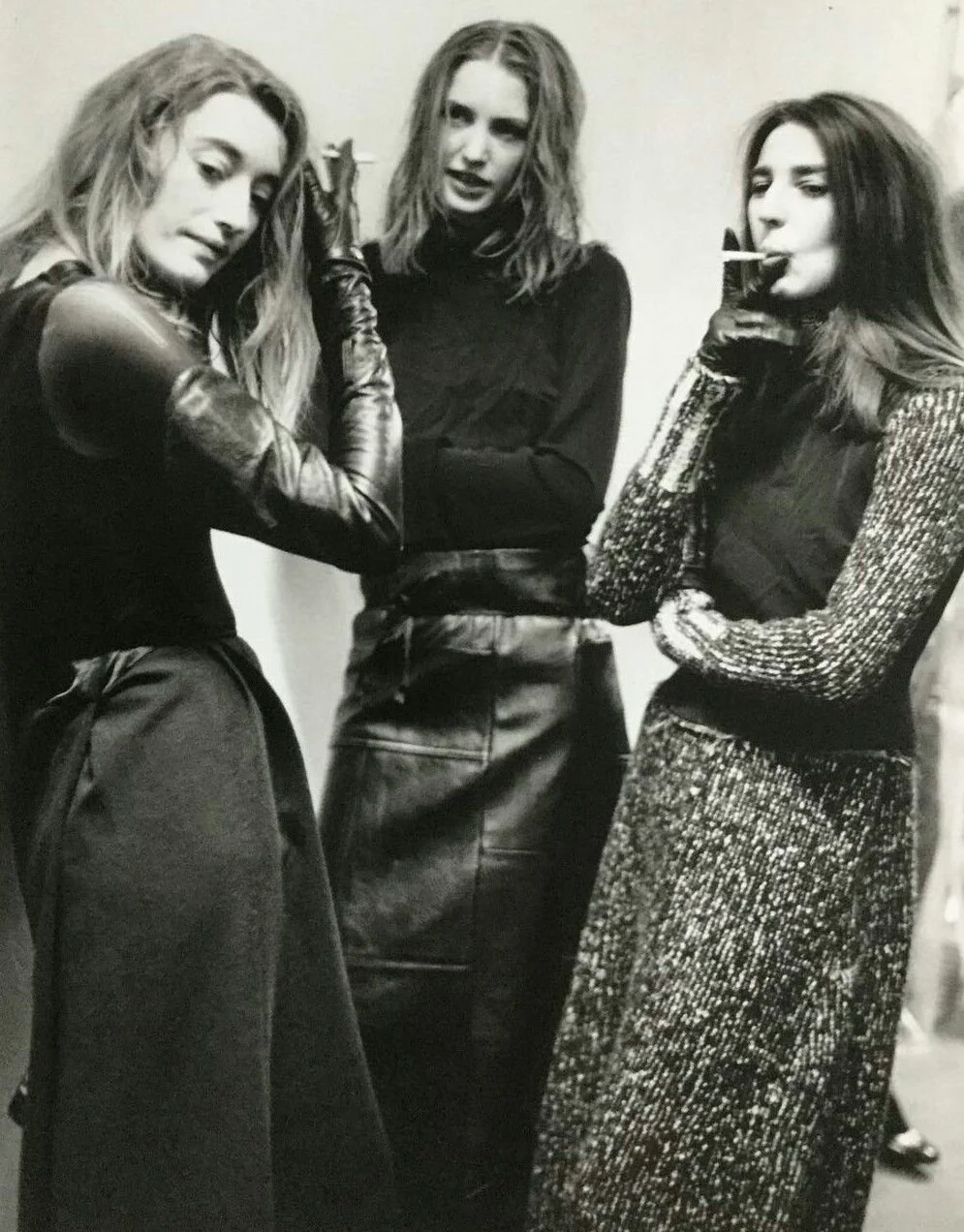Asexuality
It’s amazing how far we’ve come in a few years when it comes to the representation of sexual minorities. While it’s not perfect, not by far, people of all kinds are finally seeing their demographic appearing and being acknowledged by the media. Both in fiction and reality, it’s becoming less complicated to love and be loved by whomever you want to.
But what if this isn’t you?
Asexuality is, in the plainest of terms, the lack of physical attraction and sexual interest towards other people. In some cases, asexuality also includes a complete, or near-complete, lack of sex drive and/or a lack of romantic attraction, though this is specific for the individual. Asexuality is a spectrum and asexuals are people that deserve to be acknowledged and represented.
Even though roughly one percent of the world’s population (around 75 million people nowadays) express some degree of asexuality, there’s no real representation for it in the media. Yes, there are characters (often villains, mind you) who express no sexual or romantic attraction to others, but the root of this is generally left unaddressed. This lack of discussion and understanding (as well as the prevalence of sex in all forms of media) can leave asexual members of the audience feeling detached, confused, and invisible. But we’re not. And it would be nice to have content creators acknowledge this the same way other sexual minorities have been in the past decade or so. Don’t get me wrong: asexuality does exist in fiction, it’s just very rare, and even less likely to be outright stated. And I’m kind of sick of taking my cues from dark lords, sociopathic nutcases, or droids.
This is rather strange since, as cold it may sound, asexuality has never been stigmatised the way other sexual minorities have been. This is likely because it’s hard to moralise about sexual deviancy to people who have little interest in sex. But flying under the public radar has its cost and asexuality has gone severely underrepresented. Another reason for this lack of representation is the fact that sex sells. Works with no or very little sexual content simply don’t have the same titillation factor for the mainstream audience and may even seem prudish or overly conservative.
Asexual people deserve representation. I can name only two characters in mainstream media who have been explicitly identified as asexual, both from series I’ve never even watched (and no, I’m not talking about SpongeBob. He’s a children’s character. And a sponge. That doesn’t count). Asexuals deserve role models, figures to help them determine their sexuality and show them that not only does asexuality exist, there’s nothing wrong with it, or you.
It is also an unfortunate fact that asexuals are often shunted into a corner by the very society that should support them. The role of asexuality in the LGBTQ+ community is still a hot-button topic in some places since many people think that asexuality is either a form of repressed sexuality or heterosexuality (even though only a part of asexuals identify as heteroromantic). Some people think that asexuals should not participate in events or support groups for sexual minorities at all since asexuality, being a lack of sexuality, is not a sexual minority, per se. This exclusion leads to confusion and to the impression that not having sexual feelings at all is somehow worse than having them.
Anyhoo, if you have a case of the ace, are still figuring things out or are simply interested in how incredibly diverse people can be, you do you and don’t let anyone tell you otherwise. There’s no hierarchy for sexuality, just as there isn’t one for ethnicity, gender or personality. We’re all awesome up here.
Sincerely,
An asexual
Photo by Annika O’Connor
Drawing by Danielle Amorim




